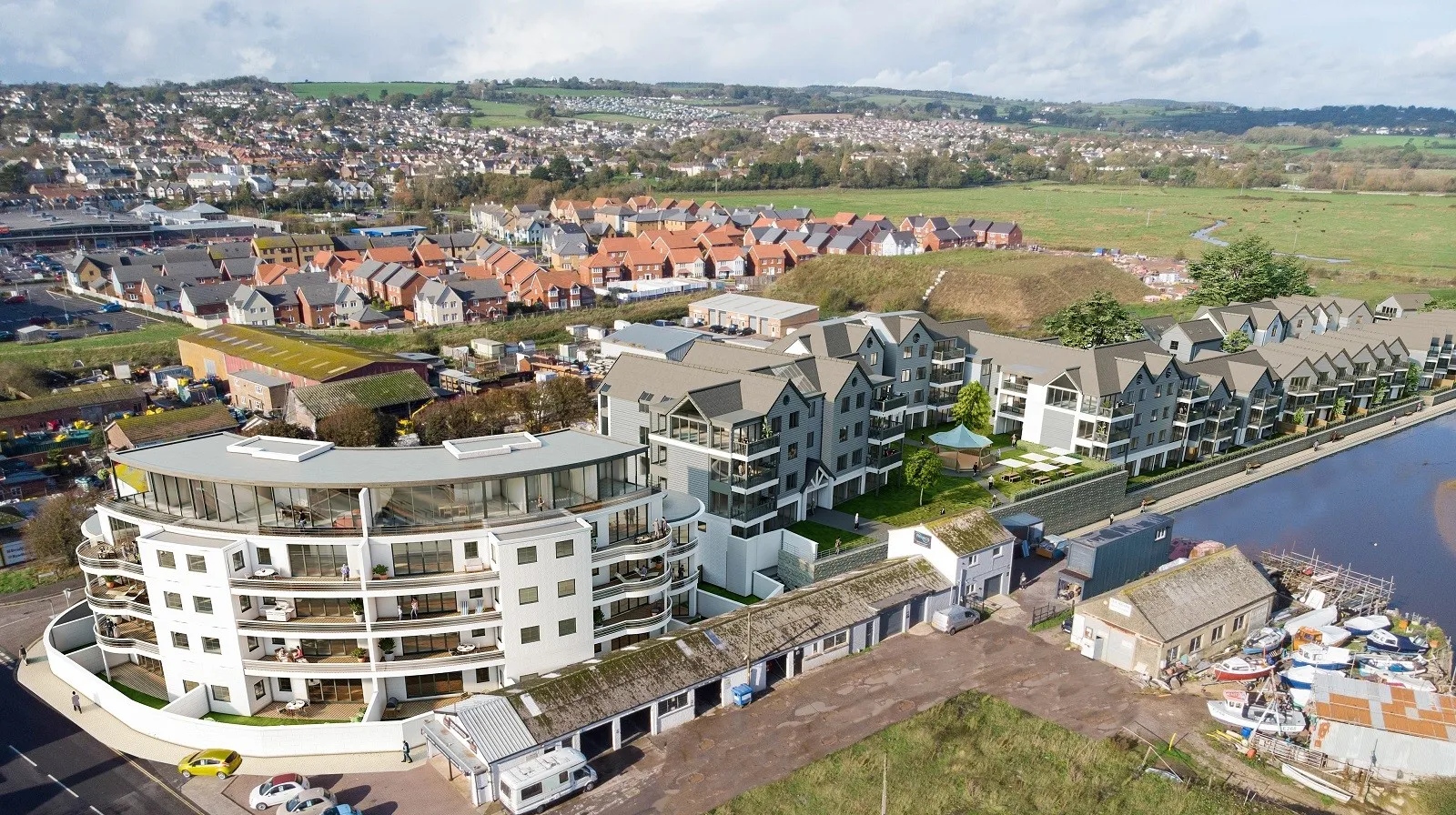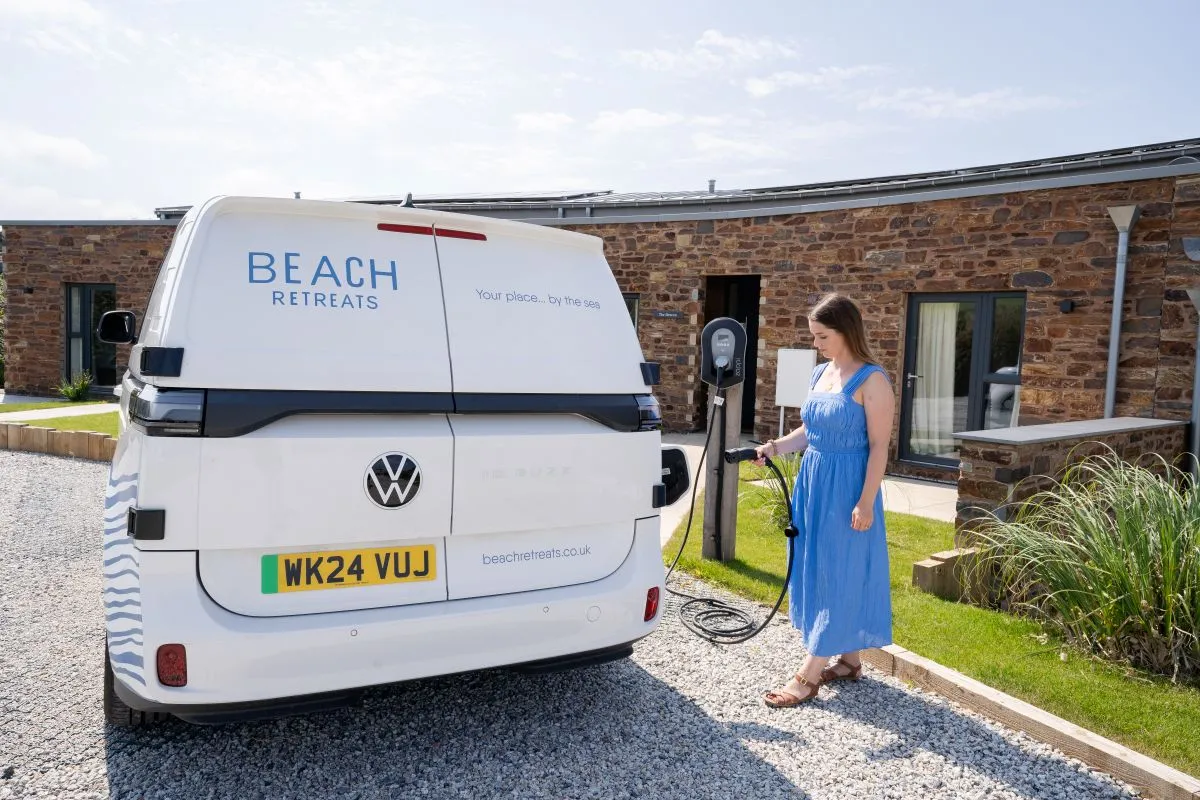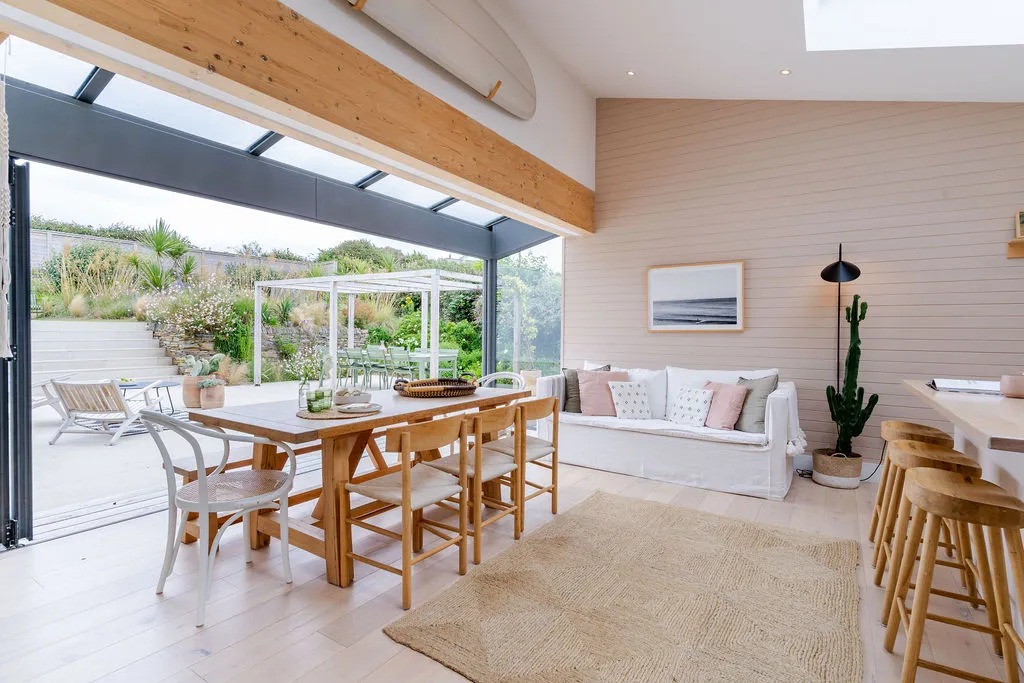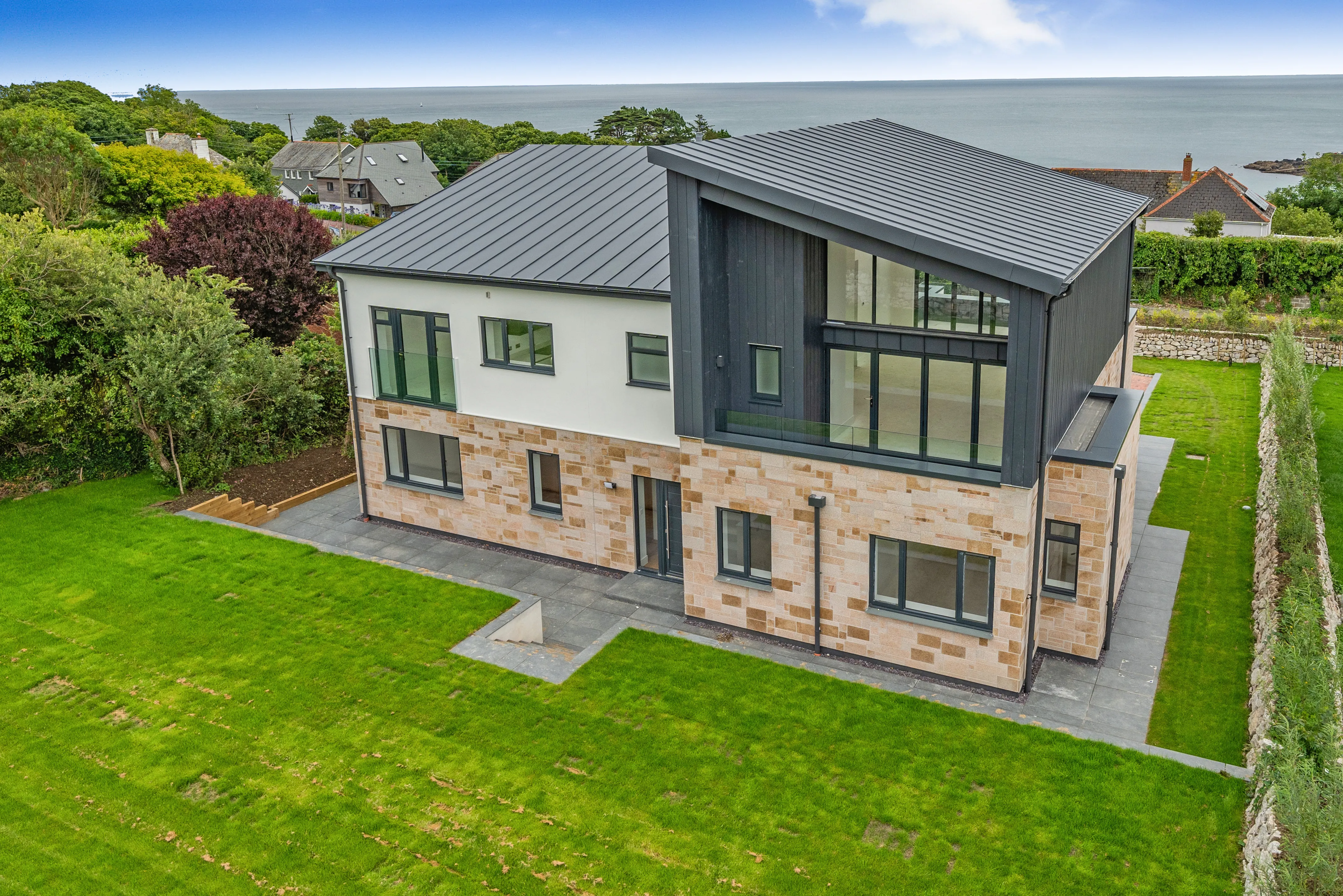MENU
Home / Owner Blog Posts / Insider tips when buying a second home for holiday letting
Insider tips when buying a second home for holiday letting
23rd September 2017
So here are some of our top tips when embarking on a second home search.
The WOW factor
All of Beach Retreats’ properties are within walking distance of a Cornish beach, that’s our unique selling point, and it’s massively popular with holidaymakers who rate the beaches as the most important attraction when visiting Cornwall.
So whether it’s stepping out onto the sand, a stunning sea view, or being a few doors away from a celebrity chef’s restaurant, the ‘wow’ factor is a surefire way to bookings.
The right balance
Avoid the temptation to maximise sleeping capacity with bunk beds and sofa beds. Remember, guests will need sufficient seating in the sitting and dining areas and enough storage in the kitchen. Choosing a property with a good balance of rooms and one of the rarely mentioned luxuries of self-catering properties – internal space.
Supply and demand
Whether you are looking for a house, apartment, cottage or stately home, consider what else is in the area and available for holiday lets. Local competition can push rental prices and margins down, so having that unique selling point and strong demand for holidays in the area, will be very important for the best return.
Apartment or House, Freehold or Leasehold?
There are strong arguments for buying both.
Apartments are low maintenance, often with great views and open-plan living spaces. But they come with ground rent and the potential negative that guests may be deterred by other holidaymakers above and below them. Also watch out for covenants restricting use around holiday lets.
Houses and cottages don’t have this problem, and typically will have more floor space, but will require more up-keep, such as gardens and external maintenance.



